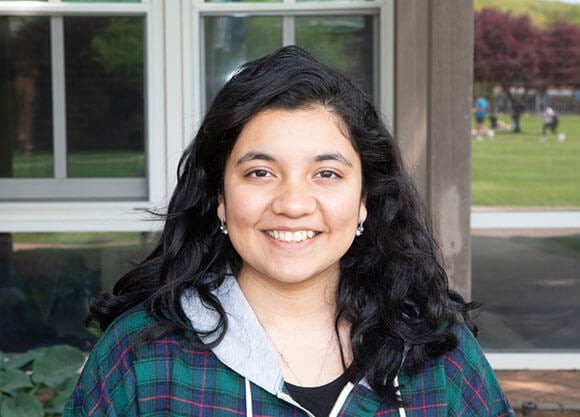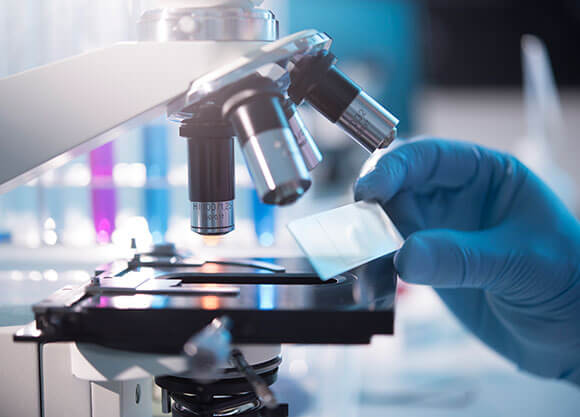
In her doctoral work, Lisa A. E. Kaplan, Ph.D. established the existence of Cytochrome P450pj in fish and documented the impact of nitrosodialkylamines on liver necrosis. As a post-doctoral fellow at NYU Medical Center, she studied the impact of heavy metal toxicity and oncogene activation in fishes.
Dr. Kaplan’s current research focuses on the relationship between plasticizer exposure and altered crayfish aggression, fish social behaviors, and amphipod locomotion. Since these behaviors are influenced by serotonin (aggression, locomotion, cognition), and dopamine (movement, emotion, motivation), she evaluates these neurotransmitters to determine how exposure to plasticizers potentially disrupts behavior.
Students actively involved in Dr. Kaplan’s research learn to appreciate the whole organism down to the molecular level, explore different approaches to a problem, view information from different disciplinary angles, and synthesize more comprehensive explanations.
Dr. Kaplan’s main goal as a teacher is to facilitate learning with understanding, good judgment, and experience in a way that all members of the class find accessible, exciting, and even compelling. Under every circumstance, she strives to gradually, and, justifiably, build student confidence, independence, and self-discipline as they move from development of declarative/procedural memory to a deeper, more powerful understanding that results in synthesize and application of knowledge.
Dr. Kaplan’s current research focuses on the relationship between plasticizer exposure and altered crayfish aggression, fish social behaviors, and amphipod locomotion. Since these behaviors are influenced by serotonin (aggression, locomotion, cognition), and dopamine (movement, emotion, motivation), she evaluates these neurotransmitters to determine how exposure to plasticizers potentially disrupts behavior.
Students actively involved in Dr. Kaplan’s research learn to appreciate the whole organism down to the molecular level, explore different approaches to a problem, view information from different disciplinary angles, and synthesize more comprehensive explanations.
Dr. Kaplan’s main goal as a teacher is to facilitate learning with understanding, good judgment, and experience in a way that all members of the class find accessible, exciting, and even compelling. Under every circumstance, she strives to gradually, and, justifiably, build student confidence, independence, and self-discipline as they move from development of declarative/procedural memory to a deeper, more powerful understanding that results in synthesize and application of knowledge.
Education
- BS, University of Connecticut
- MS, University of Connecticut
- PHD, University of Connecticut
Organization
- Biological Sciences
Office Location
- Buckman Center 135B
Mail Drop
- BC-SCI
Courses
-
BIO 207 Coral Reef Organismal Diversity - An Immersive Approach
Spring 2024 -
BIO 208 Introduction to Forensic Science
Spring 2024 -
BIO 208L Introduction to Forensic Science Lab Science Laboratory
Spring 2024 -
BIO 211 Human Anatomy and Physiology I
Fall 2024 -
BIO 399H Honors Research in Biological Sciences
Fall 2024 -
BIO 491 Independent Research in Biological Science
Spring 2024 -
BIO 492 Independent Research in Biological Sciences
Spring 2024 -
BIO 493 Independent Research in Biological Sciences
Spring 2024 -
BIO 688 Independent Study
Spring 2024 -
BIO 689 Independent Study
Spring 2024 -
ENV 207 Coral Reef Diversity - An Immersive Approach
Spring 2024 -
ENV 223 Plastics - Miracle Or Curse.
January Term 2024 -
FS 120 DNA in Forensic Science
Fall 2024


